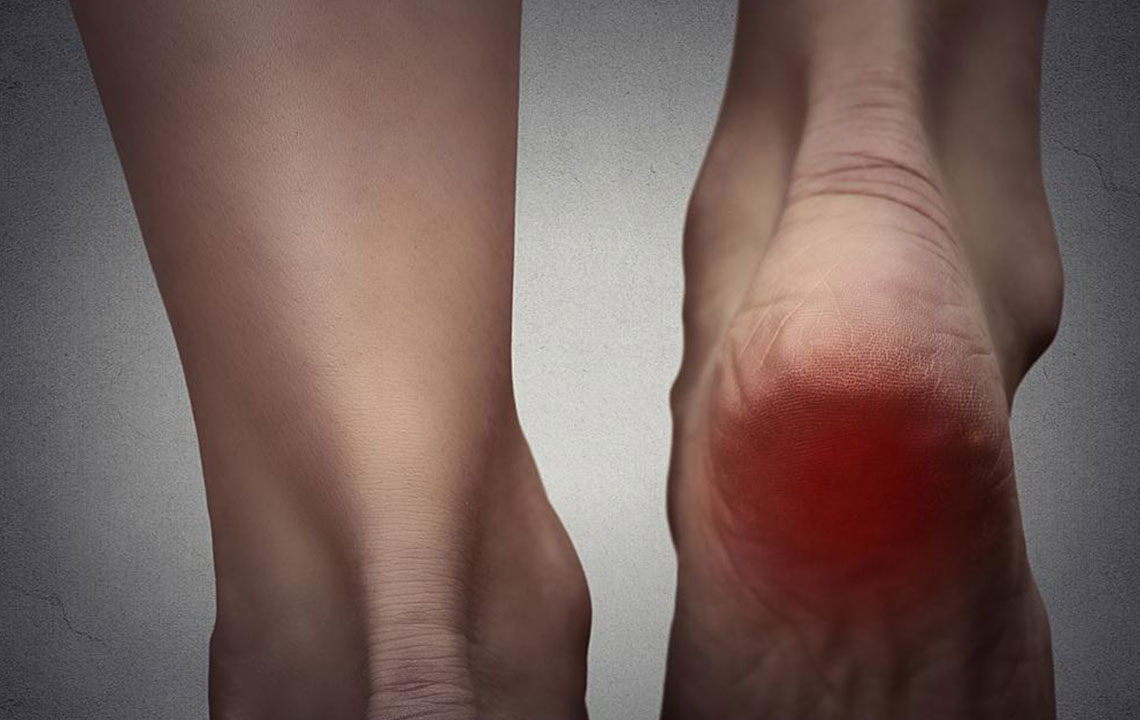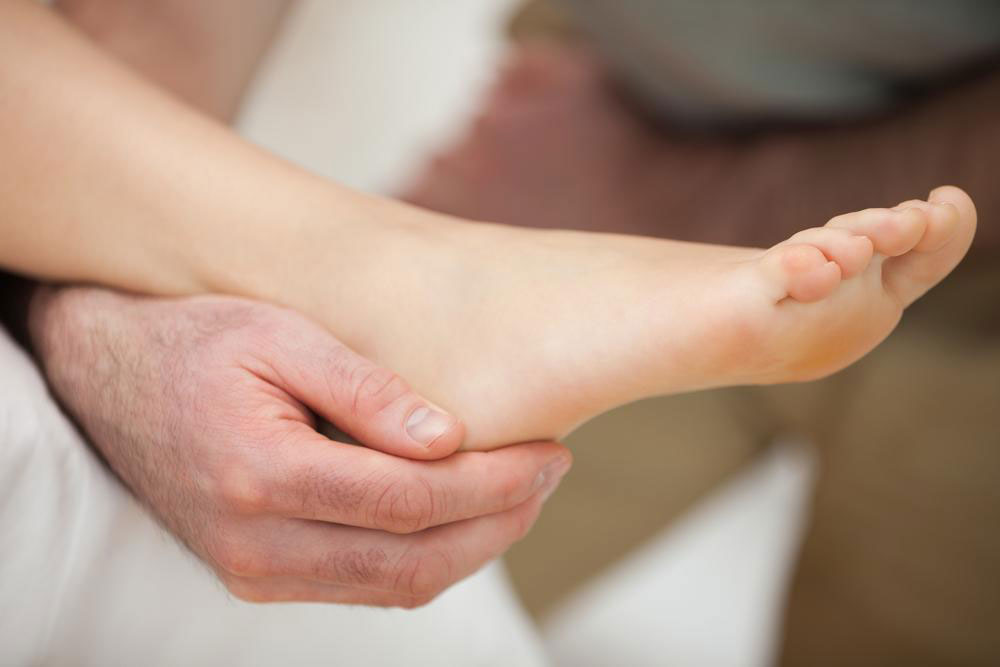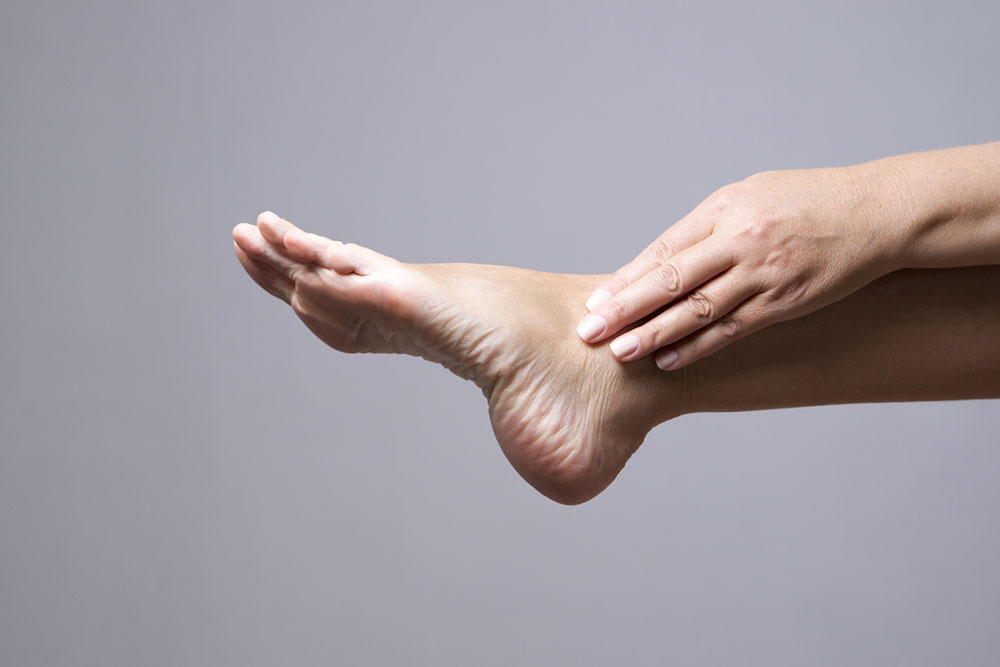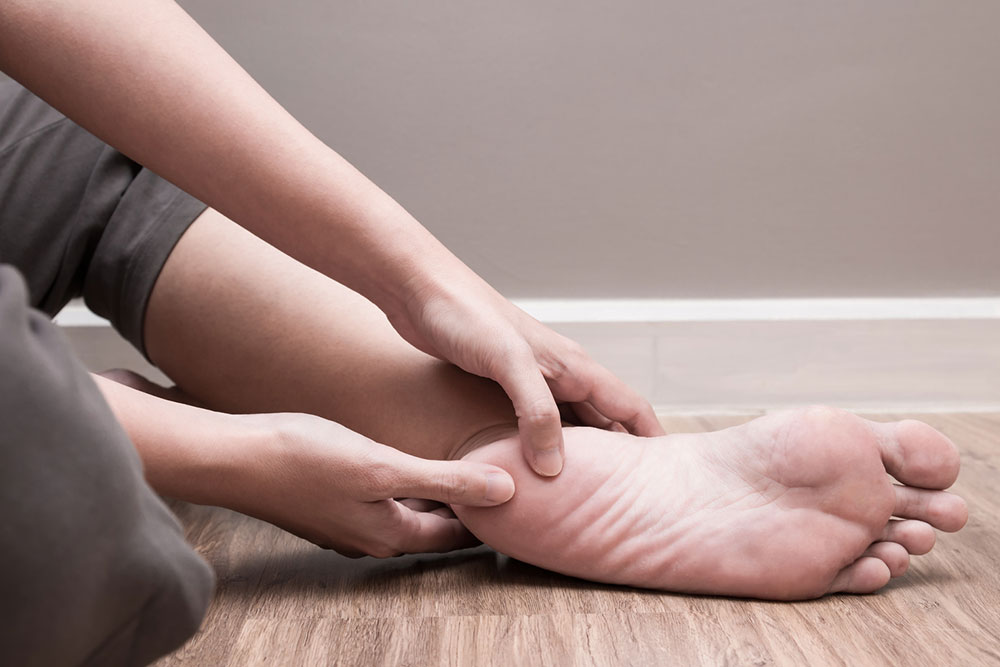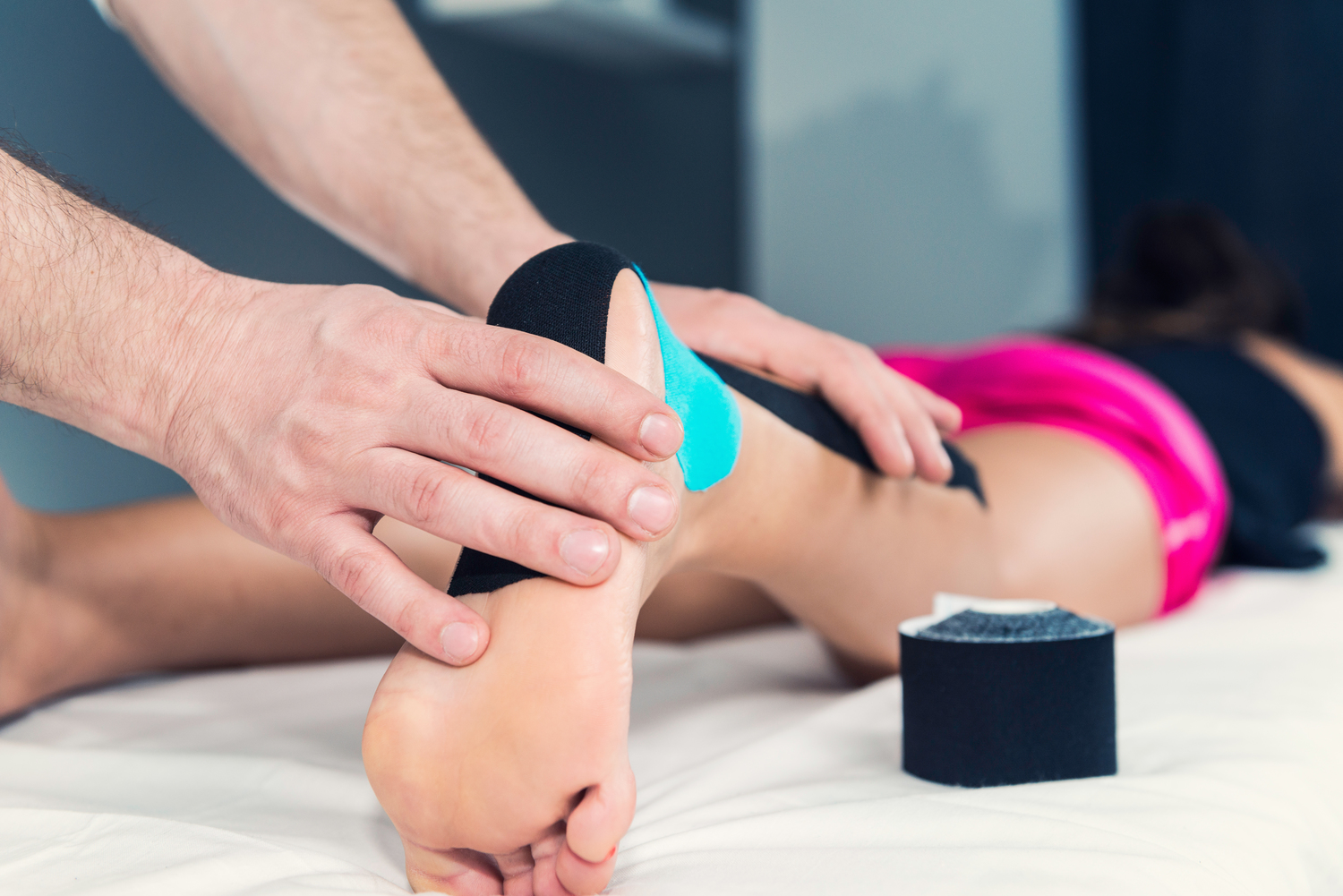Understanding and Managing Burning Foot Pain
This article explores causes of burning foot pain, including neuropathy, diabetes, and circulation issues, alongside diagnosis and treatment options. Home remedies for symptom relief are also discussed. Consult a healthcare professional for persistent symptoms to ensure proper care and management.

Burning sensations in the feet are a common concern affecting many individuals today. Often, people visit healthcare providers for relief. This discomfort typically stems from nerve damage in the foot or leg, which can arise from injuries or conditions like diabetes. Symptoms may fluctuate in intensity or appear intermittently, sometimes accompanied by tingling (paresthesia) or numbness. Treatment usually aims to prevent nerve deterioration and alleviate pain, focusing on managing symptoms and addressing underlying causes.
Neuropathy is the primary cause of burning foot pain. Damaged nerve fibers tend to become hyperactive, sending false pain signals despite the absence of injury. People with neuropathy often report numbness, tingling, heightened sensitivity, or burning sensations. Common risk factors include diabetes and alcohol abuse, but other conditions such as kidney disease, vitamin deficiencies, hypothyroidism, infections, and medication side effects can also contribute.
Additionally, factors like inflammation, infections like athlete’s foot, and poor blood circulation due to peripheral artery disease may cause similar symptoms. Persistent pain lasting over a week warrants medical evaluation. Diagnosing often involves tests like EMG, nerve conduction studies, blood and urine tests, or nerve biopsies. Treatment strategies depend on identifying the root cause, with many efforts centered on halting nerve damage and reducing symptoms. Managing blood sugar, correcting nutrient deficiencies, stopping alcohol intake, and treating underlying illnesses are pivotal. Home remedies like foot soaks, applying apple cider vinegar, turmeric drinks, and Epsom salt baths can provide symptomatic relief. Consulting a healthcare professional ensures proper diagnosis and effective treatment.
Note:
While our articles provide helpful health insights, they should not replace professional medical advice. Always consult your doctor for any persistent or severe symptoms. The information shared here is for informational purposes only, and the website disclaims responsibility for accuracy or external offers.

